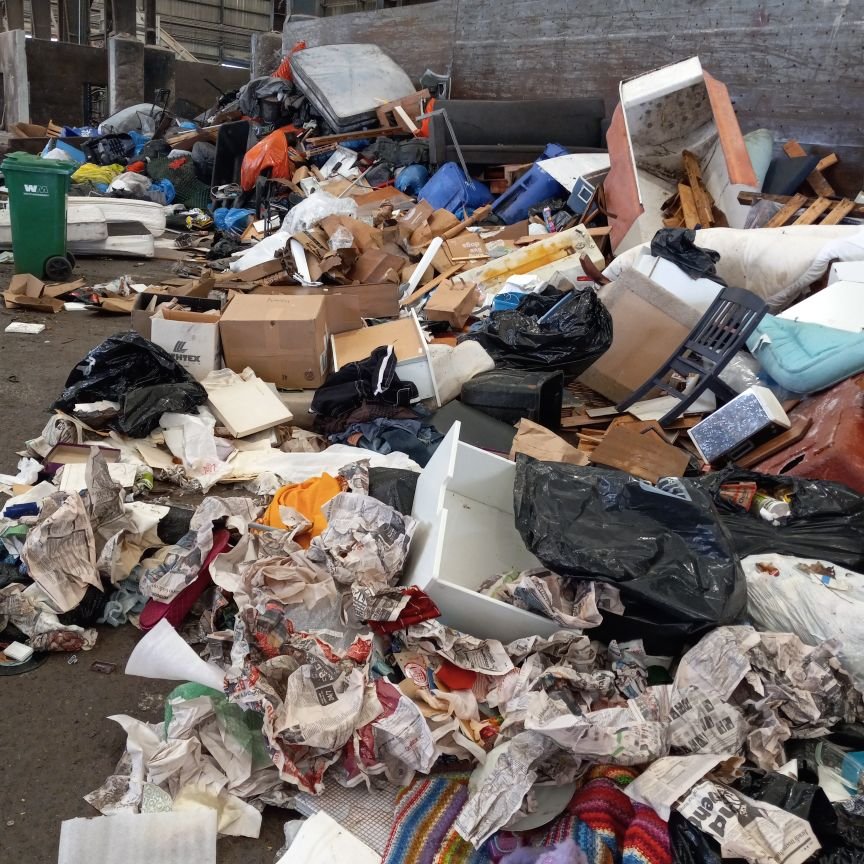Navigating Liquid Waste Difficulties with Reclaim Waste Melbourne's Skills
Fostering Source Effectiveness and Environmental Security Through Fluid Waste Elimination Programs
In the realm of ecological stewardship, the management of fluid waste stands as a critical time where resource performance and environmental management assemble. Fluid waste removal programs play a critical duty in securing our communities and ensuring sustainable development techniques. By carefully resolving the disposal of liquid waste, neighborhoods and industries can not only minimize potential threats but additionally unlock opportunities for reusing and repurposing useful sources. As we navigate the intricacies of waste monitoring in a rapidly progressing world, the harmony between ingenious modern technologies, strict guidelines, and forward-thinking strategies ends up being progressively vital. With a lens of aggressive engagement and calculated insight, the landscape of fluid waste administration introduces a tapestry of obstacles and possibilities that beckon us to check out the course towards a greener and even more lasting future.
Value of Fluid Waste Elimination
The value of fluid waste elimination exists in its vital function in protecting ecological health and wellness and securing public well-being. Liquid waste, if not correctly managed, can position major risks to environments, water resources, and human wellness. Via effective removal processes, hazardous substances such as pathogens, chemicals, and toxins are prevented from infecting the atmosphere and causing destructive impacts.
Proper fluid waste removal also aids in protecting against the spread of illness and lowering the possibility for groundwater contamination. By safely taking care of liquid waste, the risk of waterborne health problems and pollution-related health and wellness concerns is considerably minimized - Reclaim Waste. Furthermore, effective elimination practices add to preserving the general tidiness and looks of communities, consequently enhancing the top quality of life for residents
In addition, liquid waste elimination plays a vital function in sustaining sustainable growth and ensuring conformity with environmental regulations. By adhering to appropriate waste administration sectors, services and methods can minimize their ecological impact and demonstrate corporate obligation. Inevitably, buying robust liquid waste elimination programs is crucial for promoting environmental stewardship and fostering a healthier, more secure future for all.

Advantages of Efficient Disposal
Effective disposal of liquid waste not just safeguards environmental wellness and public well-being yet also generates countless advantages that expand beyond prompt containment procedures. One key advantage of reliable disposal is the decrease of contamination in water bodies and dirt. By properly managing fluid waste, the danger of contamination decreases, maintaining ecological communities and protecting biodiversity. Furthermore, effective disposal techniques add to resource conservation. With procedures like reusing and power healing, useful sources can be extracted from liquid waste, promoting sustainability and minimizing the pressure on basic materials. Adopting efficient disposal methods can lead to set you back financial savings for organizations and communities. By enhancing waste administration processes, organizations can improve procedures, decrease disposal expenditures, and possibly produce profits with the sale of recycled materials. In general, the benefits of effective liquid waste disposal are multifaceted, encompassing environmental management, source efficiency, and economic benefits.
Technologies for Waste Treatment
Making use of advanced modern technologies for waste treatment plays a critical function in ensuring the efficient monitoring and risk-free disposal of liquid waste. One of the vital innovations used in liquid waste therapy is biological treatment.
In addition, thermal treatment approaches such as incineration can be used for websites the complete destruction of harmful parts in liquid waste. In general, the combination of varied therapy modern technologies ensures ecologically pleasant and detailed administration of fluid waste.
Function of Laws and Conformity
In the world of liquid waste monitoring, adherence to governing structures and conformity criteria is extremely important for guarding ecological wellness and sustainability. Rules play an essential role in governing the proper handling, treatment, and disposal of fluid waste to protect against injury to ecosystems and human health. By developing clear standards and requirements, regulatory bodies ensure that organizations and people included in liquid waste management run in an eco accountable manner.
Conformity with these guidelines is not only a legal need however likewise an ethical commitment to secure the setting for existing and future generations. It involves applying finest methods in waste collection, transportation, therapy, and disposal to lessen environmental impact and advertise resource browse this site effectiveness. Non-compliance can result in penalties, legal activity, and reputational damages for organizations, highlighting the importance of promoting regulative standards.

Future Trends in Waste Monitoring

One more essential trend in waste monitoring is the fostering of innovative information analytics and man-made intelligence to optimize waste collection routes, boost arranging procedures, and improve overall operational performance. These modern technologies allow waste management companies to make data-driven choices, resulting in cost savings and ecological benefits.
Furthermore, there is an expanding focus on the development of decentralized waste management systems, such as onsite treatment facilities and mobile waste handling systems. These systems offer adaptability and scalability, enabling more reliable waste handling in diverse environments.
Conclusion
To conclude, fostering source effectiveness and environmental management through liquid waste elimination programs is essential for sustainable development. Effective disposal methods, progressed technologies for waste treatment, and rigorous policies play vital functions in minimizing ecological impact. Looking ahead, continual technology and enhancement in waste monitoring methods will certainly be vital for addressing the why not look here growing obstacles of liquid waste disposal.
In the world of environmental stewardship, the monitoring of liquid waste stands as an essential juncture where source performance and environmental protection merge (Reclaim Waste liquid waste removal).Utilizing sophisticated innovations for waste therapy plays an essential duty in ensuring the efficient monitoring and secure disposal of liquid waste.In the realm of liquid waste administration, adherence to regulative structures and compliance standards is vital for guarding ecological health and sustainability.In conclusion, promoting resource efficiency and environmental security via fluid waste elimination programs is critical for sustainable development. Looking ahead, continual innovation and improvement in waste management practices will be vital for attending to the growing difficulties of liquid waste disposal